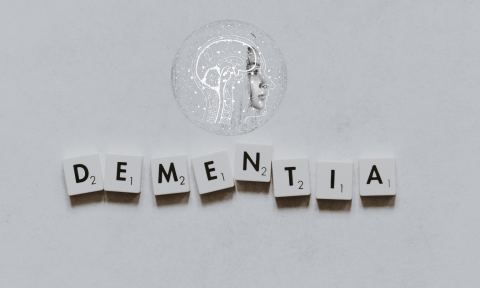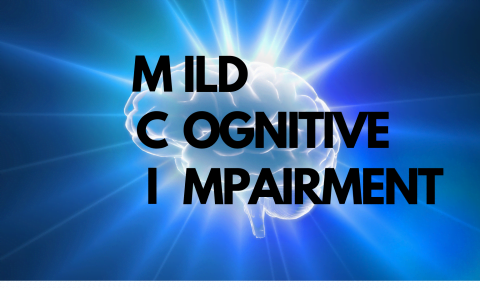As Dementia progresses into its later stages, caregiving becomes even more complex and emotionally challenging. Ensuring comfort, dignity, and proper care planning is essential for both the person with Dementia and their loved ones. From palliative care options to legal and ethical considerations, here’s how caregivers can navigate this sensitive time with compassion and preparedness.
The National Institute of Mental Health and Neurosciences (NIMHANS), in collaboration with the National Ageing Research Institute (NARI), Australia, Queen Mary University London, and Curtin University, Australia, has created short films featuring real-life stories of caregivers and experts. Funded by the Alzheimer’s Association, US, these films highlight the early signs, diagnosis, and Dementia care strategies.
Watch this video to understand palliative care in Dementia:
Learn more about these important considerations:
Final Thoughts
The later stages of Dementia require compassionate, well-planned care to maintain dignity and comfort. While this time is challenging, planning ahead and accessing the right support can make a meaningful difference for both the person with Dementia and their loved ones.
Caregivers, remember that you are not alone—reach out for help, lean on support systems, and take moments to care for yourself, too.
Frequently Asked Questions
Yes, in India, you can contact the Dementia India Alliance National Dementia Support Line at +91 8585 990 990 (available Monday-Saturday, 8:00 AM to 6:00 PM). Y
Dementia is an umbrella term for cognitive decline, while Alzheimer’s is its most common type.
Mostly after 65, but early-onset dementia can begin anytime between 40s or 50s.
Over 8.8 million people in India live with dementia.
Most types aren’t, but some caused by vitamin deficiencies or infections can be treated.
No, occasional forgetfulness is normal. Persistent memory issues should be checked.
Yes! Regular exercise, a healthy diet, mental stimulation, and social engagement help.
Yes, like difficulty walking, poor coordination, and weight loss in later stages.




